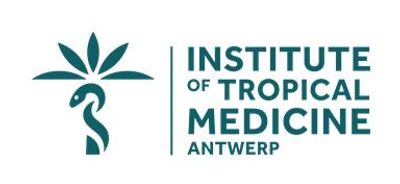
ITM Antwerp Leverages Nextflow to Obtain Breakthrough Clinical Research Results
Read the full case studyAim
Rapidly sequence and analyze samples to help contain the 2022 global mpox outbreak.Challenges
- →Patient with anogenital lesions testing negative for typical STIs and low epidemiological suspicion of mpox.
- →Lack of available PCR testing at the Institute to confirm first mpox suspects.
- →Lack of MPXV WGS protocol for research purposes (molecular epidemiology).
- →Need for pipeline portability and reproducibility.
— Antonio Mauro Rezende
Solution

Nextflow
Enable ITM's broader research related to MPXV genomic epidemiology and variant analysis.

Oxford Nanopore
Sequencer to analyze samples
Results
The Nextflow pipeline proved highly effective in enabling ITM's broader research related to MPXV genomic epidemiology and variant analysis. The team rapidly identified the MPXV variant causing the 2022 outbreak based on metagenomic sequencing of the Belgian index case’s clinical samples, and immediately shared the sequence with colleagues worldwide.
- →Rapid pipeline development.
- →Belgian index case confirmation through metagenomic sequencing (2nd genome of 2022 outbreak).
- →Investigation of variants through targeted sequencing.
About
The Institute of Tropical Medicine in Antwerp (Belgium) strives for the advancement of science and health for all, through innovative research, advanced education, professional medical services and capacity sharing with partner institutions in Africa, Asia and Latin America. The institute has a rich history of involvement in outbreak investigation, research, and response.
To learn more, visit https://www.itg.be/